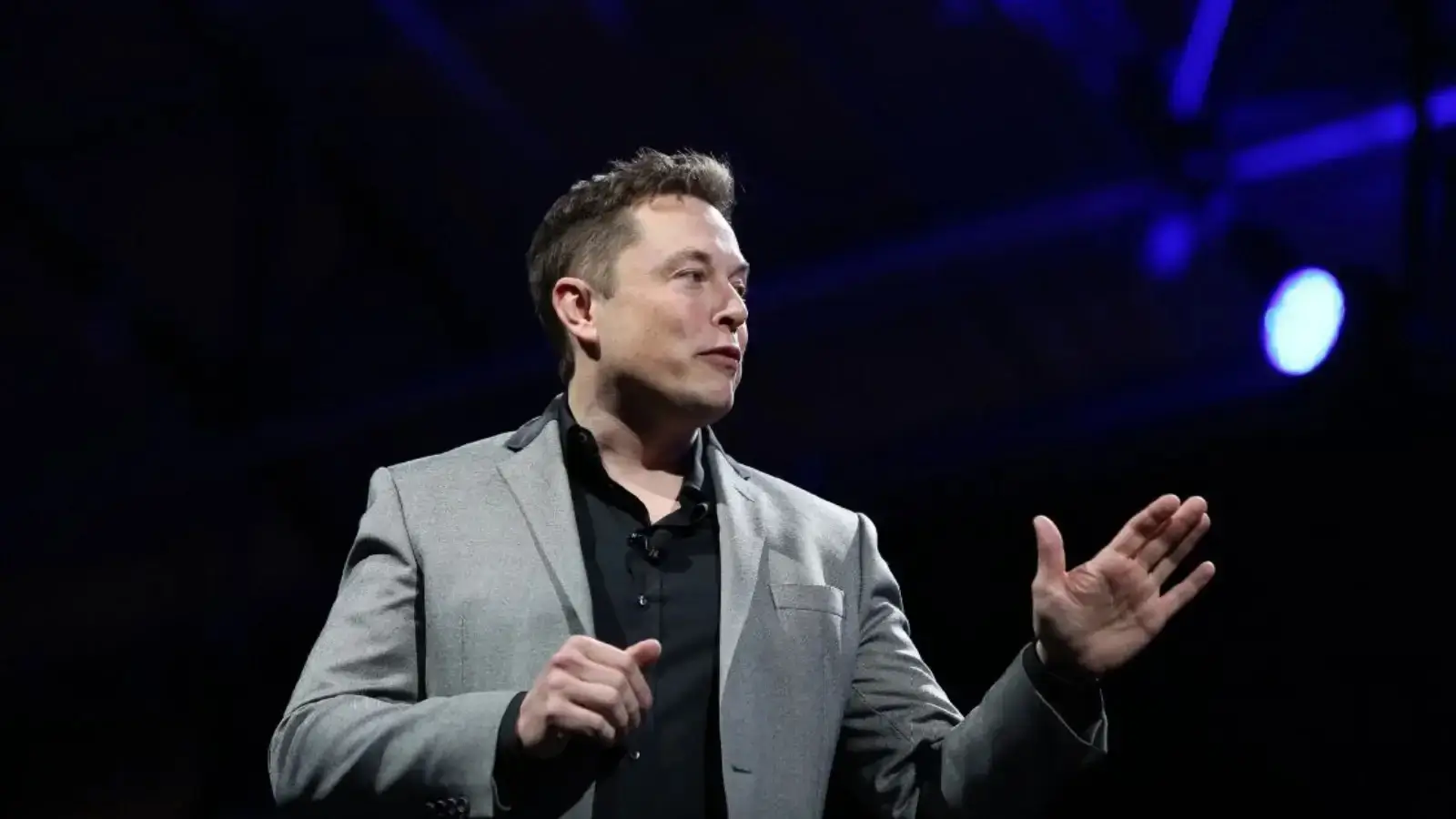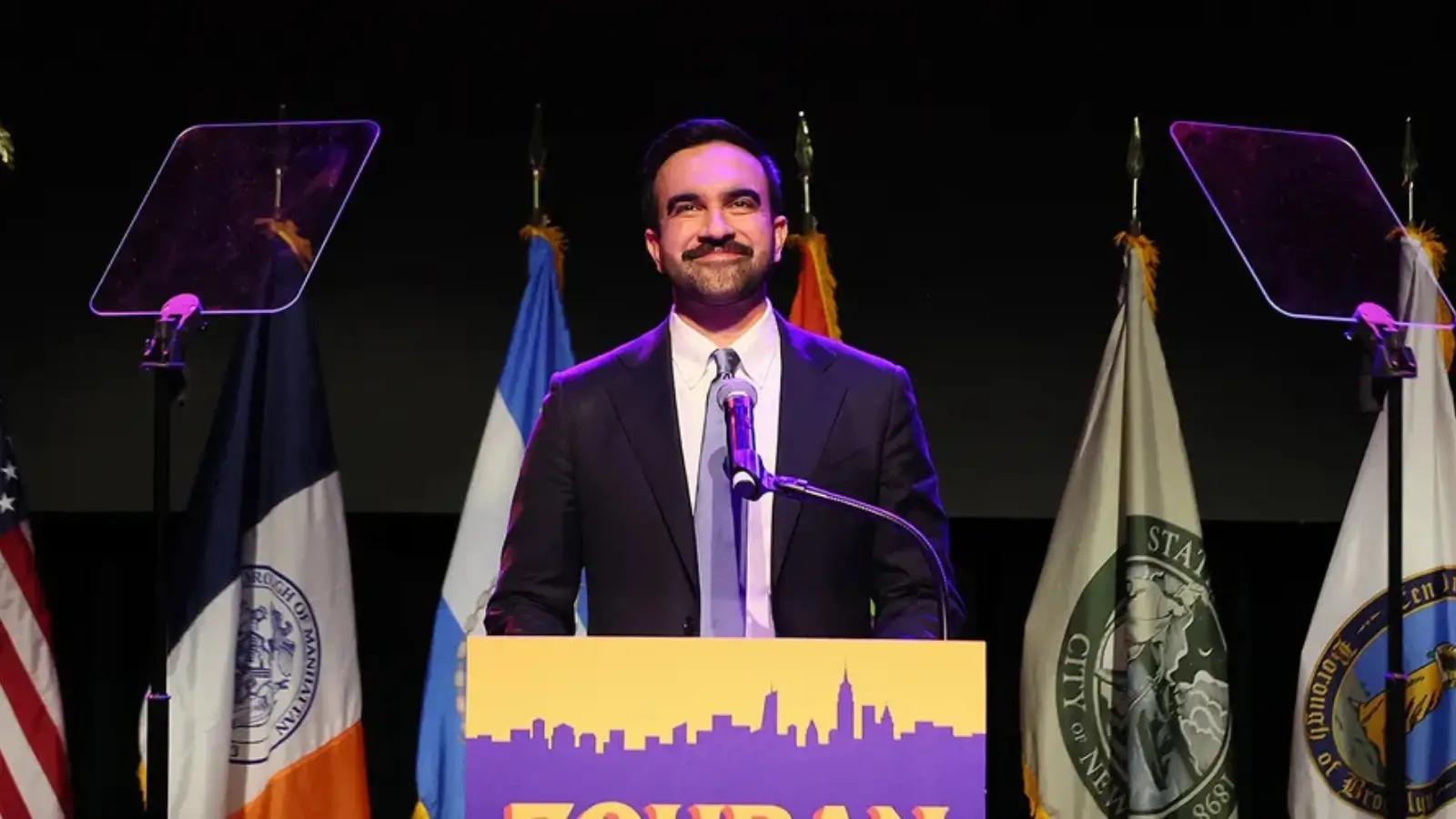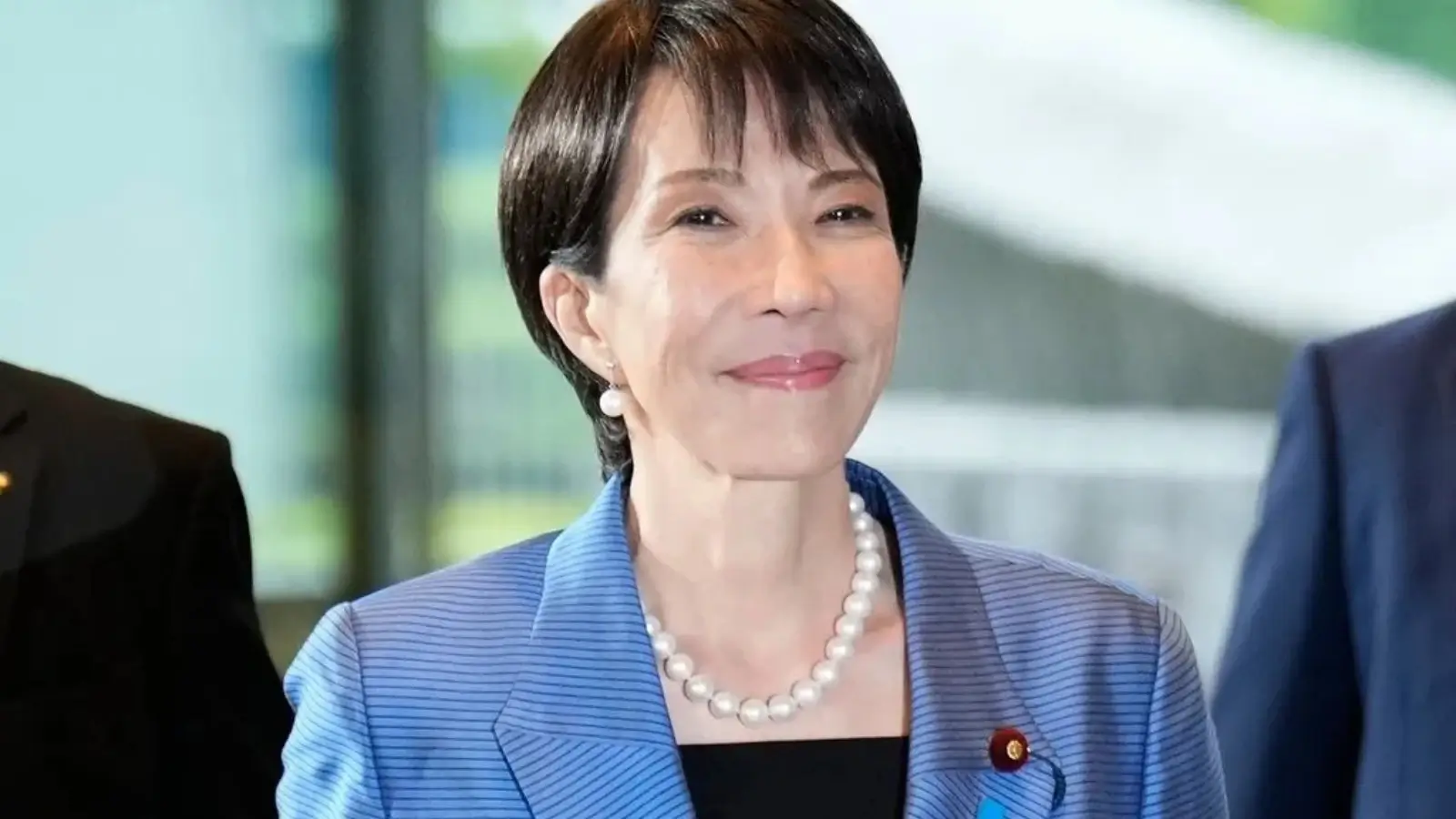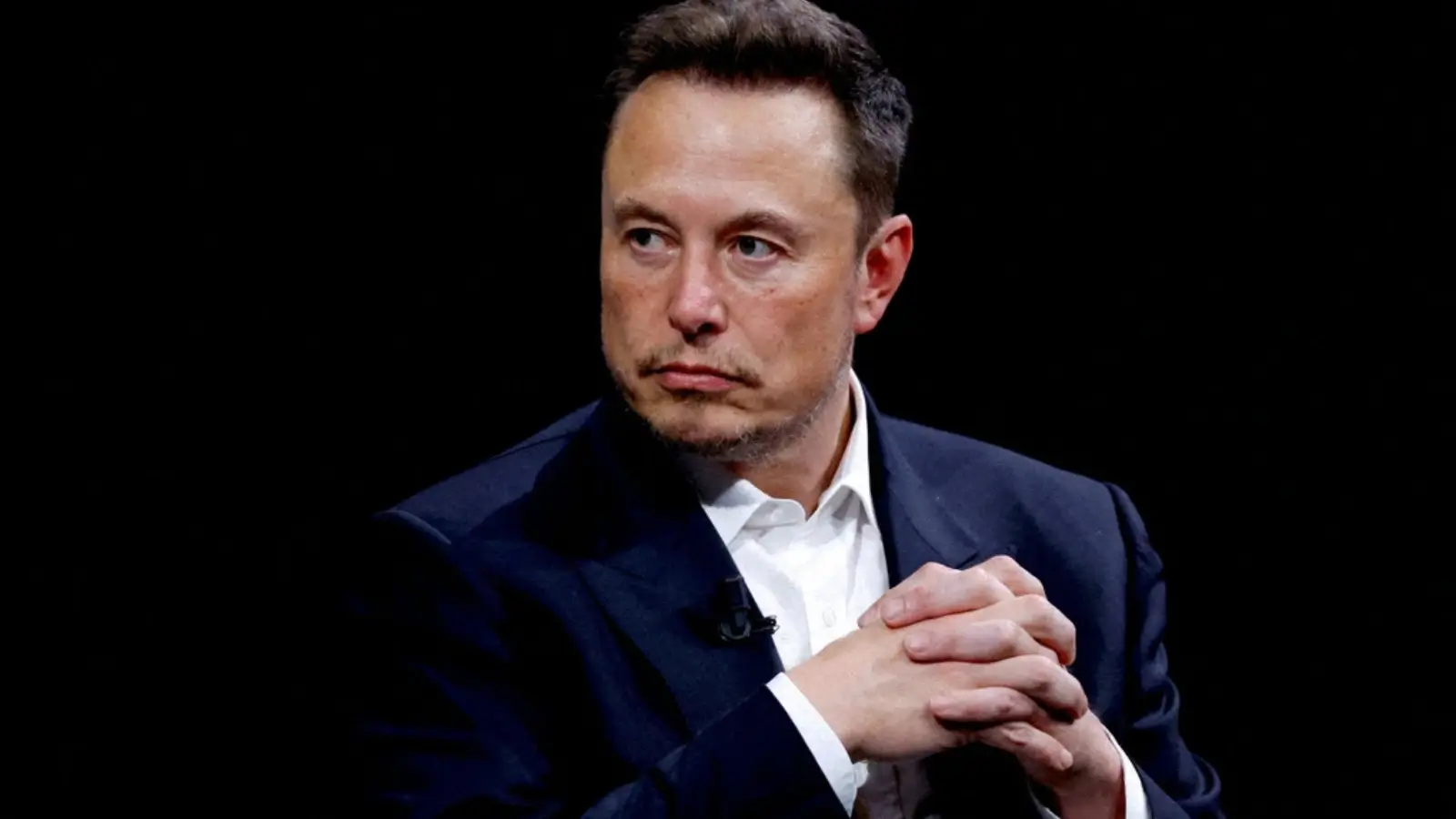Elon Musk Steps Down as Trump Adviser Amid Backlash Over Government Cuts
— Elon Musk ends his controversial tenure at DOGE after clashing with Trump over federal spending.

Elon Musk has officially resigned from his role as a senior adviser and special government employee in the Trump administration, concluding his 130-day tenure leading the Department of Government Efficiency (DOGE). This decision follows mounting controversies and internal conflicts in Washington.
Musk announced his departure via a post on X, his social media platform, stating:
As my scheduled time as a Special Government Employee comes to an end, I would like to thank President @realDonaldTrump for the opportunity to reduce wasteful spending.
— Elon Musk (@elonmusk) May 29, 2025
The @DOGE mission will only strengthen over time as it becomes a way of life throughout the government.
His resignation came shortly after publicly criticizing President Trump's "big beautiful bill," a comprehensive tax and immigration legislation. In an interview with CBS, Musk described it as a "massive spending bill" that would "increase the federal deficit and undermine the work of DOGE." He further remarked, "I think a bill can be big or it could be beautiful. But I don’t know if it could be both."
President Trump responded by defending the legislation but acknowledged that revisions could be made, stating, "I am not happy about certain aspects of it, but I am thrilled by other aspects of it. We are going to see what happens. It has got a way to go."
White House officials confirmed Musk's resignation was in process, with his off-boarding beginning immediately. Sources indicate that Musk did not speak directly with President Trump before making his decision public.
During his tenure, Musk's leadership of DOGE was marked by aggressive efforts to slash bureaucracy and reduce federal spending. However, his approach faced criticism for the sweeping layoffs and disruptions it caused within federal agencies. Additionally, Musk's involvement with DOGE coincided with a significant decline in Tesla's profits and sales, raising concerns about potential conflicts of interest and the impact on his business ventures.
Musk's departure underscores the challenges of implementing rapid governmental reforms and the complexities of balancing public service with private enterprise interests.



















